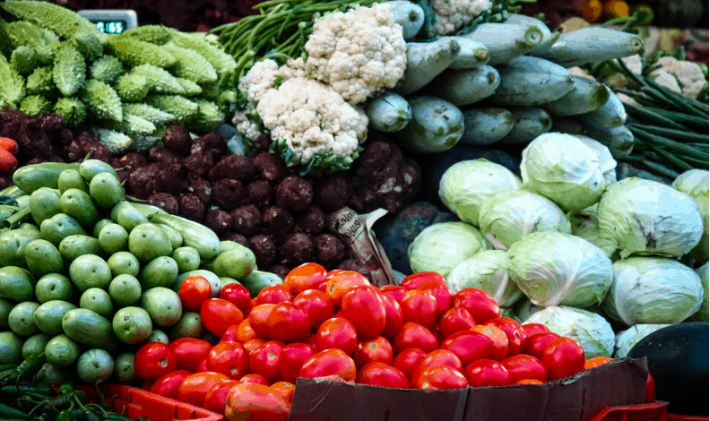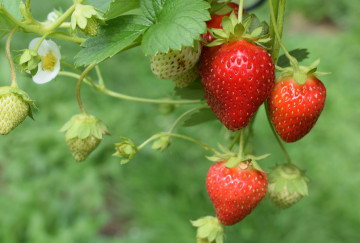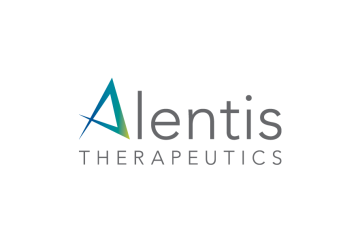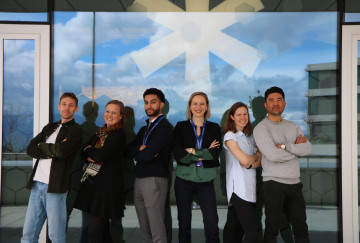MAX-FRESH: Tackling food waste with a revolutionary fresh food monitoring system
Read on to find out how the MAX-fresh consortium obtained €2.2 million from the Fast Track to Innovation program.

Monitoring fresh food is a major challenge in the food industry
Browsing through the fresh produce section at your local supermarket, do you ever consider the complexity in bringing these fresh products from the farm to your shopping basket? One vital part of the farm-to-table journey involves storage-holding and preserving fresh produce in the most efficient manner. Indeed, monitoring fresh fruits and vegetables for ripeness is a major challenge in the food industry. Food waste is a widely known problem; around 33% of fruit and vegetables are either lost or wasted, with 10% occurring in long-term storage. This waste comes at a significant economic cost – a whopping €6.1 billion per year for stored apples, pears and blueberries alone. A lesser known impact of food waste is its major contribution to greenhouse gas emissions, through the emission of methane as the food decomposes. In fact, food waste is a bigger cause of climate change than plastics.
The MAX-FRESH consortium is pioneering an exciting new solution that can drastically reduce the severity of this major global issue. Associate Prof. Dr. Frans Harren of the Trace Gas Facility – Radboud University (The Netherlands) and Regional Sales Marketing Manager Eugene Rokx of Storex (Belgium) came together with the MAX-FRESH Project, along with co-partners NKT Photonics (Denmark) and Senseair (Sweden). Together, they aim to develop a commercially viable version of their prototype real-time, interactive storage control: the Interactive Storage System (ISS)-Monitor. The project was awarded €2.2 million by the Fast Track to Innovation (FTI) program and will run for 3 years from October 2020.
How the ISS-Monitor aims to prevent food waste
The ISS-Monitor is the world’s first automated multi-species trace gas sensor. Eugene Rokx described how the ISS-Monitor project will address the challenge of food waste: “Our instrument can measure the process of ripening, rotting, and fermentation, which will provide unprecedented support towards decisions over what products should be sold first; reducing food wastage and financial loss.” Such innovation is essential to address the nearing UN Sustainable Development Goal Target of halving food waste by 2030, and the EU’s own targets to reduce food waste across the EU by 2023.
While summarizing their experience of working with Catalyze, Prof. Dr. Frans Harren said: “For me it was efficient! Also, very structured, [Catalyze] try to be finished quite in advance of all deadlines, and were always ready with great feedback. It was a good experience!” After securing an FTI win of €2.2 million, the MAX-FRESH project can ensure a commercially viable ISS-Monitor will be available in the market for Agri-based companies by 2023.
Catalyze was thrilled to support such an important project in their successful FTI application and looks forward to seeing this impressive technology reach the marketplace.
- Read more about MAX-FRESH
- Watch a video about the ISS-Monitor
- Read more about Fast Track to Innovation subsidies here
Win: Fast Track to Innovation (FTI) program grant of €2.2 Million



